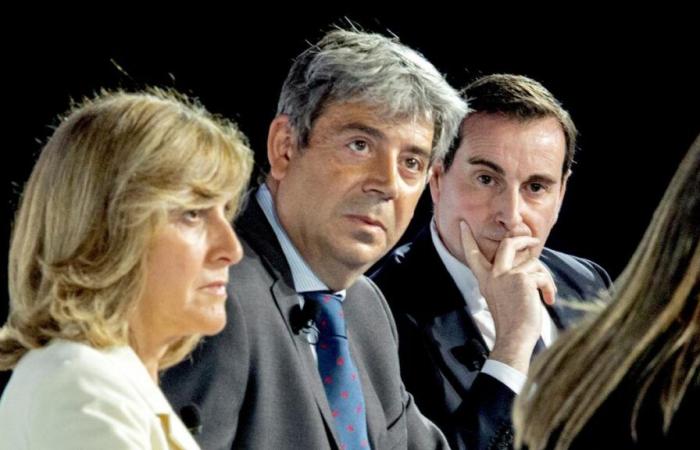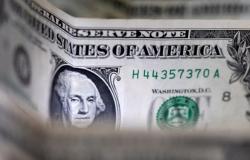The worldwide commercial warfare initiated by the president of the United States, Donald Trump, has focused the last round table of this day of the annual meeting of Cercle d’Economia. In it, the CEOs of Mango, Toni Ruiz, Fluidra, Eloi Plans, and Penguin Random House, Núria Cabutí, have explained how they adapt their activity to the current geopolitical uncertainty, either for the new tariffs imposed from the North American country, the war in Ukraine or the disruptions of the value chains.
during the conversation, which has modeled Clara Campàs, member of the Board of Directors of CERCLE, Plans, has highlighted the need to simplify processes, diversify supply chains and give autonomy to local teams before one of the moments of greatest global uncertainty. With 50% of the turnover in the US, Fluidra maintains its center of gravity in that market and bets on “prudence and a solid financial position.” After analyzing different scenarios before the arrival of Trump, in the company they concluded that the tariff impact would be similar for all competitors, since much of the production is carried out outside the US, mainly in Canada and Asia. The company, has indicated plans, does not relocate its production, but adapts its manufacture to control tariffs and maintain competitiveness. “The environment forces to improve efficiency and transfer part of the increase in market costs”, with price increases greater than 10%, he added.
Diversification of the production chain and price increases
For its part, the CEO of Penguin, has indicated the diversification and adaptation as keys to face the current challenges of the editorial sector. The company operates in 50 countries and, in the last decade, has invested strongly in the United States, where it produces music, online content and books. “Betting on local production and the diversification of its distribution centers,” said Cabutí. The incorporation of new technologies has also allowed them to adapt to the new reality, with short runs and production on demand, “which facilitates the agile response to the market.”
The editorial group directive, belonging to the German multinational Bertelsmann, explained that the recent imposition of tariffs on European audiovisual production by Trump does not leave the company exempt.
As for the global economic context, Cabutí has underlined concern for a possible recession in the USA “although book sales are maintained, orders slow down because the market is anticipating a recession,” he said. Penguin is adjusting prices and reinforcing his investment in artificial intelligence to adapt to changes in consumption, such as the rise of political essay books, dystopian and self -help fiction, which have increased because of the world situation. The CEO has also highlighted the importance of having crisis committees to address disruptions. In the United States, they have revealed, they have a very active committee. Especially following a phenomenon that began during the first Trump mandate and that now, he says, has taken strength: the censorship of books. “In the United States, books are being prohibited,” said Cabutí. He has set the example of the state of Florida, where he has already been censored 8,000 books in schools and libraries, “titles by Gabriel García Marquez, García Lorca or Isabel Allende,” he lamented. The company has initiated some demands to protect the right to read.
Live with uncertainty
As for the world of retail, very exposed to global variations, the president and CEO of Mango, Toni Ruiz, has insisted on the relevance of geopolitics for a multinational like the one he directs, present in 120 markets and with production in another 40. In this sense, he stressed that a company must understand “the risks and opportunities” that this environment presents. “Today the most important thing is to create scenarios,” he said. Living with uncertainty, endowing a solid corporate governance team and drawing a clear, medium and long -term road map are indispensable elements, Ruiz explained, to overcome a challenge like the current one. The president of Mango has also valued the role of companies and their impact on society.






